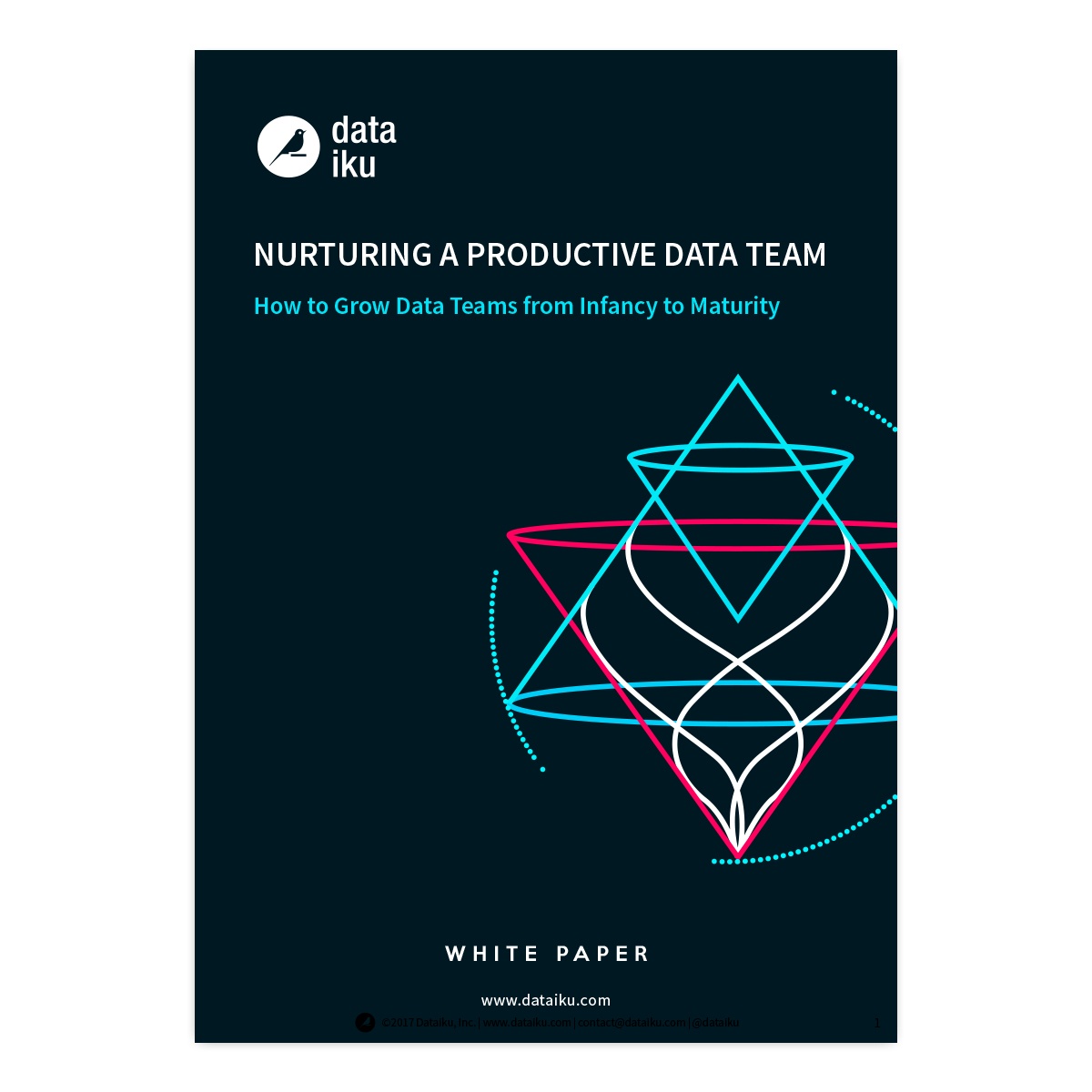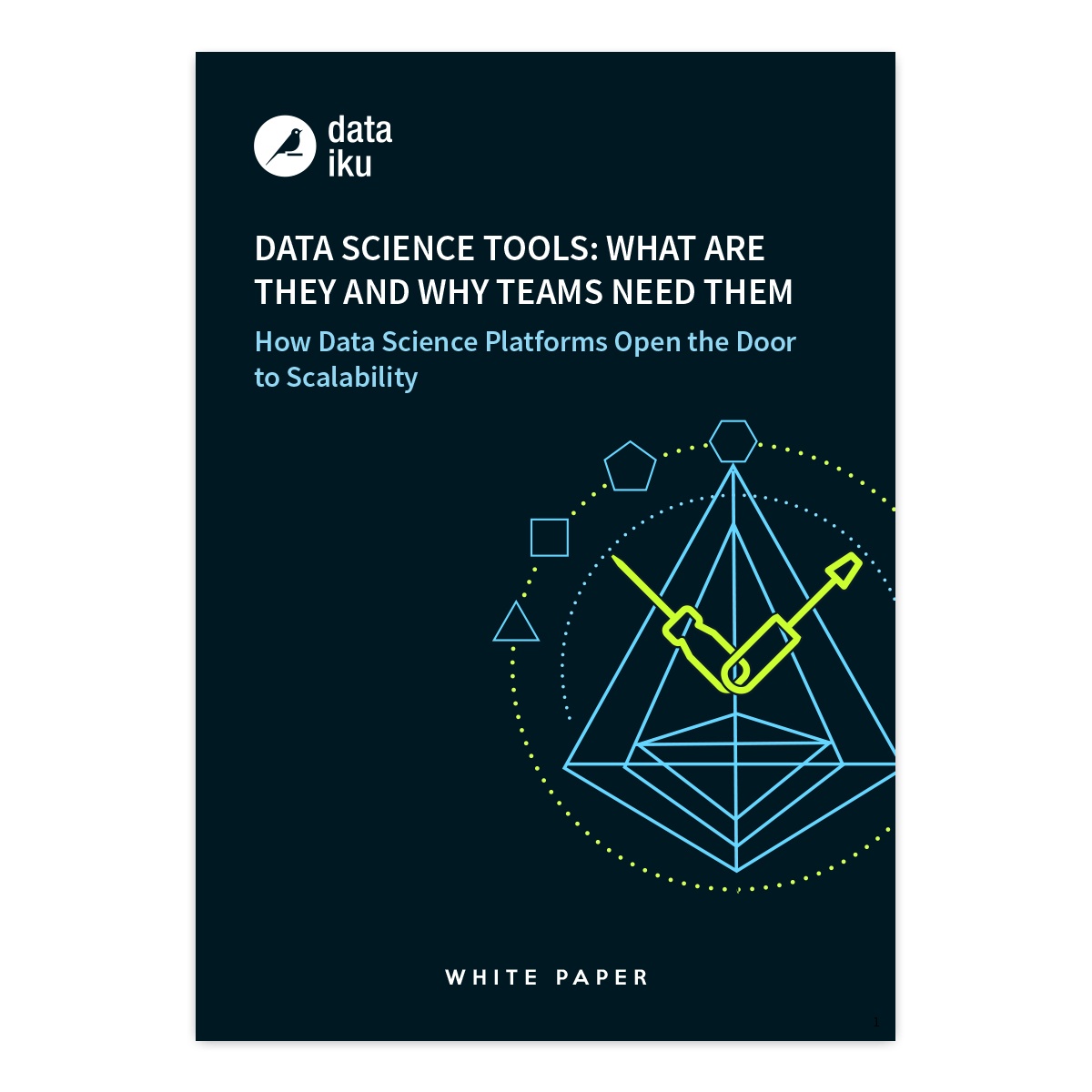After years of training clients and working with academics, we've launched our own free online data science course to help you with the transition from small to big data.
We believe the key to getting started with data science is to work on concrete use cases and build your own projects fast. So this course is be focused on teaching you the basics as well as giving you practical skills to solve actual business use cases.
Here we'll share the videos and content of these online sessions so you can start learning, too.
1st Class: Learning The Basics & Your First ML Model
Summary of the class
- Starting with definitions: What are we talking about?
- Changing mindsets: Going from small to big data
- Practical: Training your first ML model, Titanic survival predictions!
Get the Slides: Applied Data Science Course Part 1: Concepts & your first ML model Get the data for your hands-on session
Get the data to do the hands-on: Titanic train data & Titanic test data
2nd Class: Learning The Basics & Your First ML Model
Summary of the class
- The 6 steps of building a predictive model, from business project to deployment
- Prediction vs Clustering - a look at classic ML models
- Practical: Clustering use case with Fifa data
Get the Slides: Applied Data Science Course Part 2: the data science workflow and basic models deep dive
Get the data to do the hands-on: Fifa Spain & Fifa Brazil datasets
3rd Class: Getting dirty; data preparation and feature creation
Summary of the class
- Categorical, numerical, text: how does the model read your data?
- Good data = good model, or why data cleaning is 80% of your data project
- Practical: Data cleaning and feature creation
Get the Slides: Applied Data Science Course Part 3: getting dirty; data preparation and feature creation
Get the data to do the hands-on: Customer Train Data & Customer Test Data datasets
Sign up to watch the Last courses live
October 11th at 12PM ET: Understanding Your Model (+ Communicating About It)
After the training: understanding how your model workedCommunicating results and thinking about production
Practical: Model performance and building graphs





